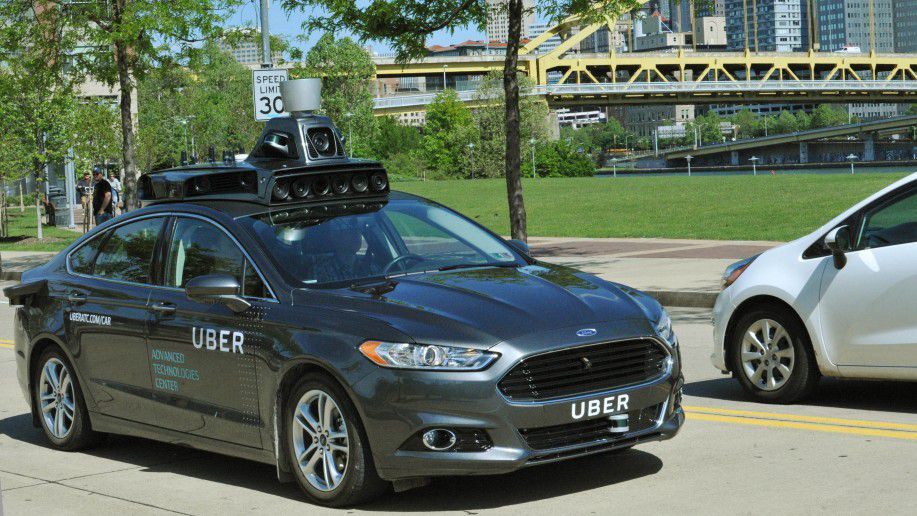WCP: Universal Basic Income: A “Social Vaccine” for Technological Displacement?
Posted in Visiting Scholars | Tagged Deindustrialization, Economic displacement, John Kenneth Galbraith, John Russo, Robots, Sherry Linkon, Technology, Unemployment, Universal Basic Income, WCP, Working-Class Perspectives, Youngstown
Take it from someone who witnessed the severe impact of deindustrialization on working-class Americans: lofty rhetoric and grand promises cannot disguise the massive economic displacement that will come from technological advances. In this week’s Working-Class Perspective, KI Visiting Scholar John Russo lays out the sheer magnitude of what we’re facing and potential solutions being tested by governments and businesses worldwide.
John Kenneth Galbraith once said that the beginnings of wisdom were to never trust an economist. Those of us that spent most of our adult lives in deindustrialized communities understood his point.
As the mills and factories closed in working-class communities like Youngstown, an array of business and academic economists suggested that economic devastation was part of the natural economic order known as “creative destruction.” Disinvestment, technological displacement, downsizing, and outsourcing were all necessary for corporate efficiency and dynamism, regardless of the “temporary” harm to individuals and communities. Capital, they explained, was simply being shifted from old to new investments, and new jobs would magically appear. Of course, workers would have to move or gain new skills in order to claim those jobs. Unfortunately, those predictions were wildly overstated. Capital was not reinvested in productive ways or moved offshore, many workers never found comparable employment, communities deteriorated. Over time, appeals to “creative destruction” were recognized not only as erroneous, but as a cover for capital getaway.
We should remember this story as we enter a fourth industrial revolution that will merge technologies and blur the lines between digital and biological spheres. In the process, these digital transformations will spread unemployment and increase precarity. As in the past, the digital revolution has been sold as part of modernity and progress, but increasingly technological change is proving more destructive than positive. The New York Times reports that some top researchers have already acknowledged that automation and robotics in manufacturing have resulted in a large net of loss of employment, declining wages, and disruption of working-class communities. The Times concludes that given unemployment levels, “there is no clear path forward, — especially for blue-collar men without college degrees.”
But it is not just working-class men in industrial jobs who are suffering. Automation also affects jobs in other economic sectors. In fact, 38% of all US jobs are at risk due to automation, including service sector work in fields such as finance, transportation, education, and food services. Nor does is technological displacement limited to the working class. Middle-class workers also stand to lose jobs and wages.
Read the rest of the post and check out other Working-Class Perspectives posts on our website.

